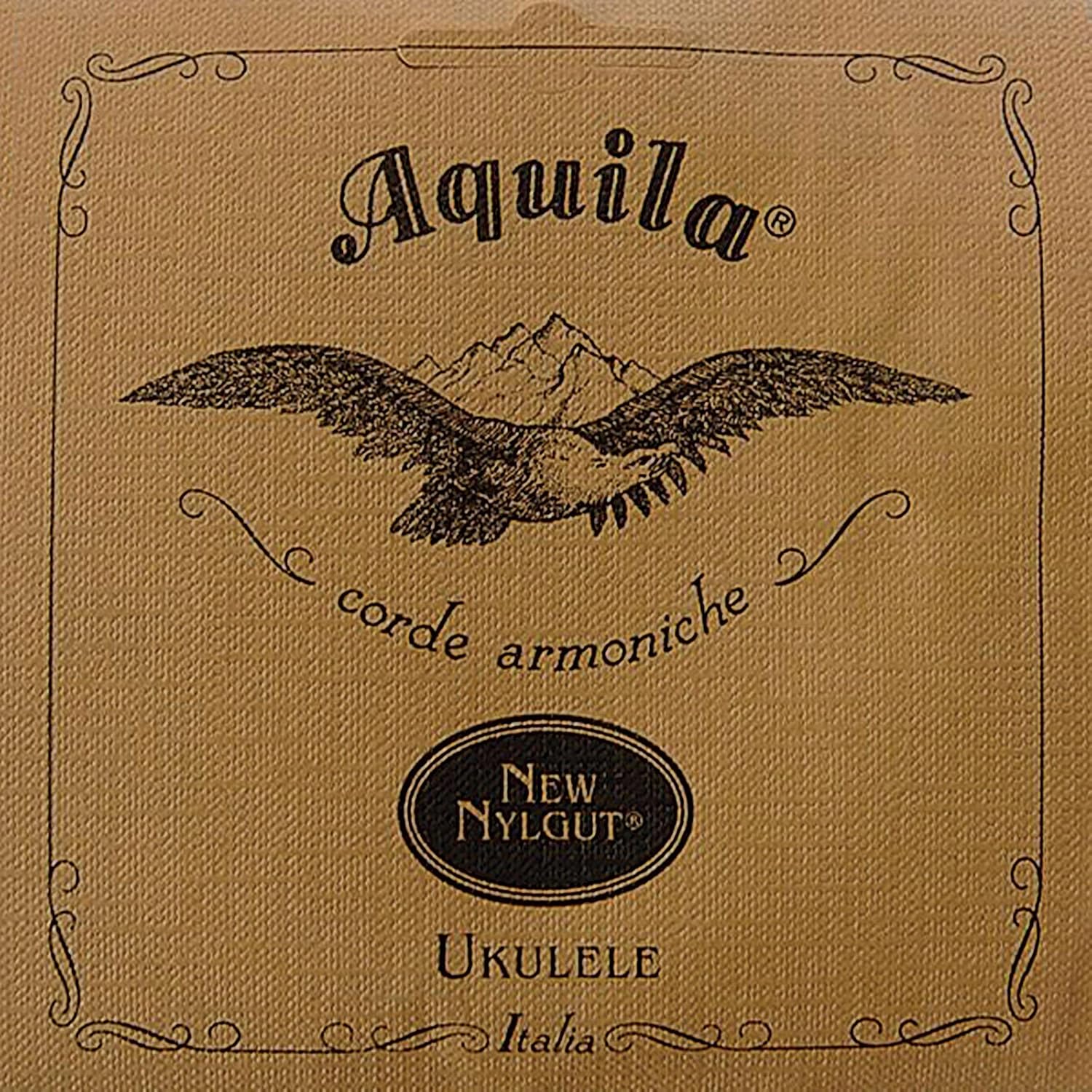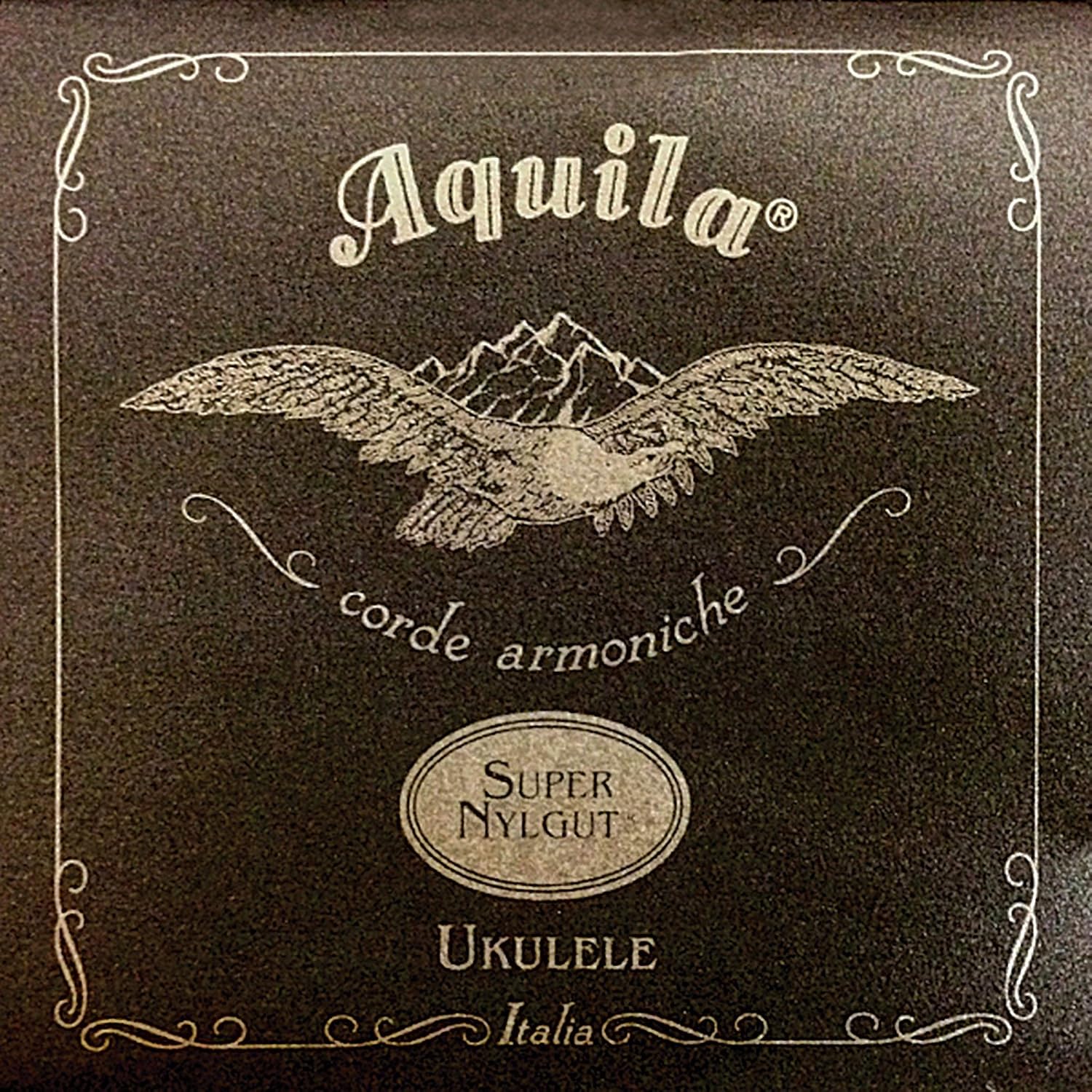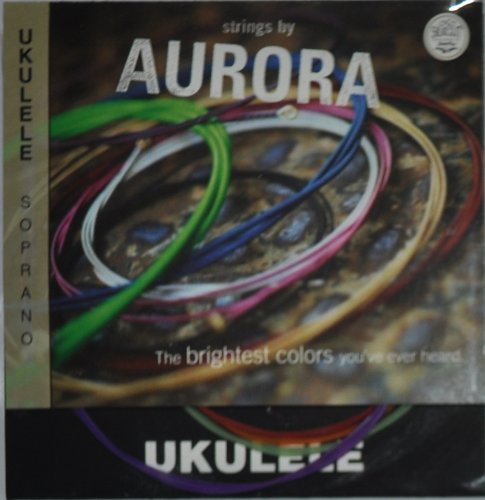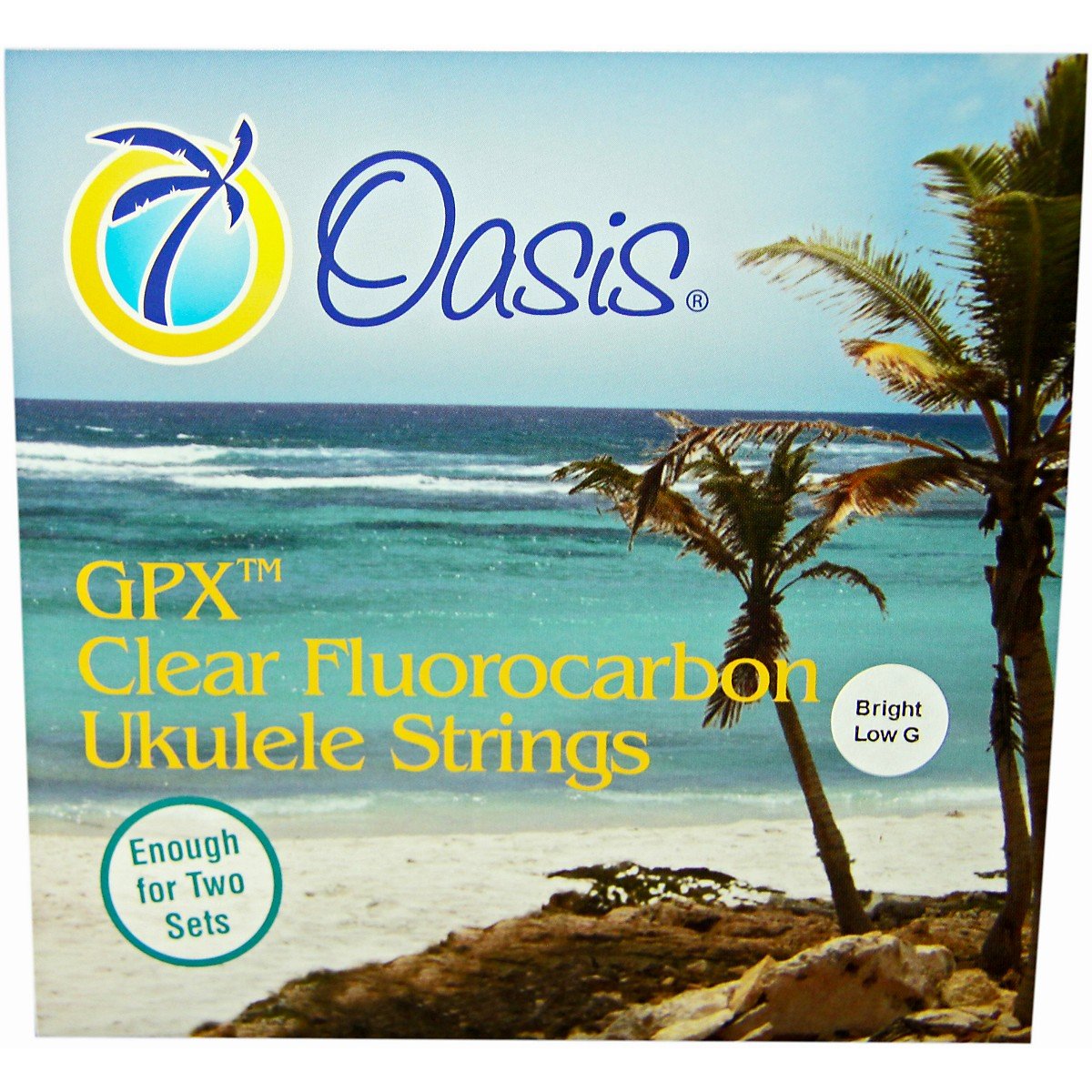Ukuleles rely on strings, and with the best, highest-quality strings, you’ll get the best performance that your ukulele is capable of. We have analyzed hundreds of Amazon reviews to help you find the best ukulele strings for your needs.
It takes hours to weed through all the ukulele strings on offer, and choosing the best ones can be a confusing process, so we’ve assembled five of the best-rated ones, plus some tips for choosing the right strings for your ukulele.
here’s our picks:
Aquila New Nylgut Ukulele Strings
Aquila Nylgut ukulele strings are designed to deliver a sweet, melodic tone. They come in a variety of sizes for different ukuleles, and are typically sold in sets of four. Aquila New Nylgut strings come in High and Low-G tuning.
Customers Who Purchased This Said:
- Aquila New Nylgut strings provide a pleasing intonation.
- The sound is beautiful, encouraging you to keep playing.
- You can put these strings on a cheap ukulele and make it sound like a better instrument.
- The sound is bright and clean, and the volume is great.
- It took about 30 minutes of continuous playing and stretching for the strings to settle into tune, and for the ukulele to stay tuned for longer periods of time.
- Far better than stock nylon strings.
Aquila Super Nylgut Ukulele Strings
A little step up from New Nylgut, Aquila Super Nylgut strings come in a variety of sizes. They offer a natural pearl color, giving your ukulele an appealing appearance. The playing surface is super-smooth, making for an improved playing experience.
Customers Who Purchased This Said:
- These strings stretch considerably when first put on, but they settle in well.
- The sound is fantastic, when finger-strummed, they are mellow with a bit of brightness and plenty of volume.
- These look great, and won’t remind you of fishing line.
- Very nice feel, makes playing more fun. No tactile squeakiness.
- Great stock ukulele string replacement, at a price that sits just a little higher than poor quality nylon strings.
Strings by Aurora – Aquila Multi-Colored Ukulele Strings.
If you are looking for a colorful addition to your ukulele, then you’ll probably like these strings. Made to look fantastic while offering extended durability, long-lasting tuning, and high quality, these colorful ukulele strings provide a warm, musical tone.
Each package includes four strings in different colors. These add flair to any ukulele, and they can help beginners with finger placement.
Customers Who Purchased This Said:
- These strings sound bright, clean, and warm.
- Kids like them a lot, and find it makes learning easier.
- Like other nylon strings, these stretch and take some time to settle in.
- The colors are nice, and the strings are easy to install. They look great on just about any ukulele.
D’Addario Ukulele Strings, Black Nylon
If you like the classic look of black ukulele strings, and you’re looking for a warm, mellow tone, then you will probably like D’Addario Ukulele strings in black nylon. Available in a variety of sizes, they come in standard GCEA tuning.
Customers Who Purchased This Said:
- Nice high-tension strings with warm projection.
- These strings help eliminate buzz. They feel great and play nicely.
- Good, all-around strings.
- Great price.
- Like all nylon strings, these take a while to settle in. Be patient and keep tuning.
Oasis Ukulele Strings, Clear Fluorocarbon
Oasis ukulele strings are available in bright Low G and High G, and come in packs to accommodate ukuleles of different sizes. The manufacturer states that each package contains enough string for two complete sets. The high G Oasis strings are made with 100 percent fluorocarbon, while the low G strings feature nylon core with copper / silver wrapped wire.
Customers Who Purchased This Said:
- Great quality for the price.
- Loads of resonance from the Low G strings, but with good clarity.
- Very good strings for Kala ukuleles designed for use with Low G.
- Give these strings a chance. They feel thin and hard at first but once you play for a while they start to feel precise and sound great.
What to Look for in Ukulele Strings
-
-
- The Type and Size of Strings: There are many different types of strings available, with a variety of tunings and sizes. The first thing to look for is size and type. The size needs to match your ukulele; for example, soprano strings will often work on a soprano or concert ukulele, and concert strings will often work on both of these sizes as well. Tenor strings fit tenor ukuleles, and baritone ukulele strings fit baritone ukuleles.
- Tuning: Watch out when choosing ukulele strings, as some packs include low-G tuning strings. Unless you are specifically looking for low-G tuning, you’ll want to look for standard strings. These are sometimes marked high-G, and sometimes are not.
- Color: Color is a matter of personal preference in most cases; ukulele strings come in a variety of colors, and as long as the rest of their features suit your needs, just pick the color that appeals to you most.
- Steel Strings May Not be Right for Your Ukulele: Not all ukuleles are made for use with steel strings. Using them on a standard ukulele could result in a broken, unusable instrument.
-
Pick Strings According to the Way they Sound and the Ease of Tuning: Different types of ukulele strings have distinct sounds.
Here’s a quick guide:
-
- Real gut strings: Sometimes referred to as catgut, these are not made with cat intestines. Instead, they are made with dried sheep or goat intestines. Gut strings produce a pleasant, old-fashioned ukulele sound, but they are highly susceptible to changes in humidity and temperature, and are notoriously difficult to keep in tune.
- Fluorocarbon strings: Fluorocarbon was originally designed as fishing line material, and it tends to stay in tune. It offers a brighter, sharper sound than nylon, gut, or synthetic gut.
- Nylon strings: If you decide to shop for nylon ukulele strings, you’ll find that there are two different types: Ground and Extruded. Extruded strings are manufactured by pushing hot nylon through a hole that is the same size as the string in question. Strings are checked for consistency and thickness before being packaged. Ground nylon ukulele strings are extruded through holes that are a little bit larger than the string in question. They are then ground down to the correct dimensions, producing a more consistent diameter. Ground nylon strings have a slightly rough feel due to their microscopic texture. Both types of nylon strings need to stretch a bit before settling into tune. They are stable during humidity changes, but they can require more tuning after temperature changes.
- Synthetic gut strings: Originally invented for use on violins, synthetic gut strings offer a sound and feel that is similar to that of real gut strings, but without sensitivity to moisture. They need to stretch a bit before settling into tune, and they can be sensitive to temperature changes.





